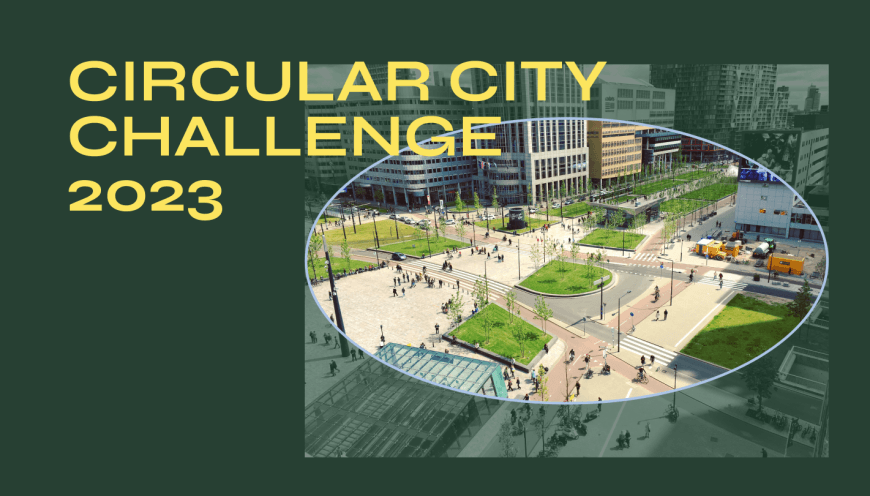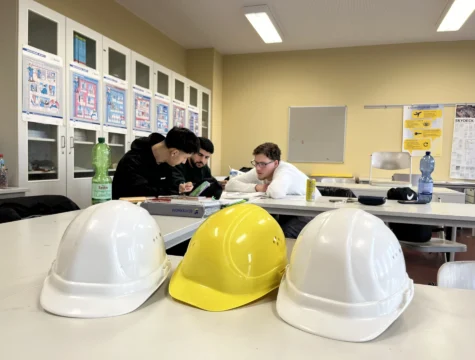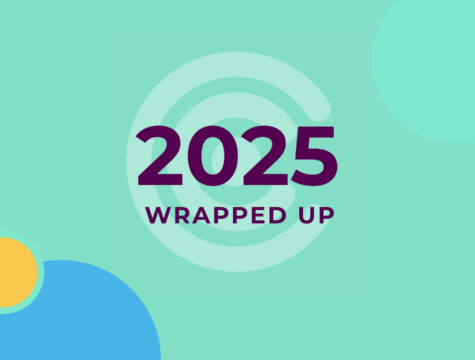The appeal of metropolitan areas has not waned even after the Corona years and the associated yearning for rural lifestyles: In 2021, for example, Berlin recorded a 16.5 percent increase in new residents compared with the previous year. According to a forecast by UN DESA, two out of three people will live in urban areas in 2050, and the BMZ even expects 80 percent of the world’s population to live there. “Currently, however, cities are the largest producer of waste and litter: They generate 50 percent of global waste and 70 percent of greenhouse gases. The question of how we will live in the future will be decided by urban transformation. The solutions are often already available; the Circular City Challenge aims to accelerate their implementation at the local level.
The project initiated by Circular Berlin, Circular Munich, Materialkreislauf, Circonnact as well as Creative Climate Cities und FabCity Hamburg promotes the implementation of circular solutions at the municipal level – in cities, districts and at the neighborhood level. Together, the municipal partners define the challenges for which solutions are from the circular economy are needed to achieve their own municipal climate targets. Initiatives and companies are then called upon to present their existing solutions for implementation in the participating cities. The municipal partners select their favorites from the providers relevant to their area of responsibility in order to jointly identify the next steps for implementation.
To this end, the cities have already formed an alliance of local representatives – consisting, among others, of the Treptow-Köpenick (and Wista) and Neukölln district offices, ZeroWaste Agentur (Berliner Stadtreinigung) and SenWeb: Master Plan Industriestadt, the Department for Environmental and Climate Protection (RKU) in Munich, Stuttgart City, Bezirk Josefstadt in Vienna, ZAK (Abfallwirtschaft Ortenau) in the Black Forest, Green Events Hamburg, and the municipalities Kreis Lippe – Detmold (NRW) and Zeuthen (Brandenburg).
Circular City Challenge 2023 – 2024 schedule:
- August 1, 2023 – October, 2023: Application phase for circular solutions
- October 2023: Evaluation of the submitted solutions and projects
- November 23, 2023: Matchmaking between the applicants and the municipal partners
- December 1, 2023 – June 30, 2024: Match implementation and mentoring by community partners, as well as workshops, trainings, and exchange formats throughout the Challenge
However, the focus is not on the competition, but on the creation of a network of Circular Economy enthusiasts who inspire and support each other in order to jointly drive forward the transformation of cities’ to a Circular Economy.
Do you want to learn more about, or participate in the Circular City Challenge? Then further information on how to apply is available on the Circular City Challenge website:




